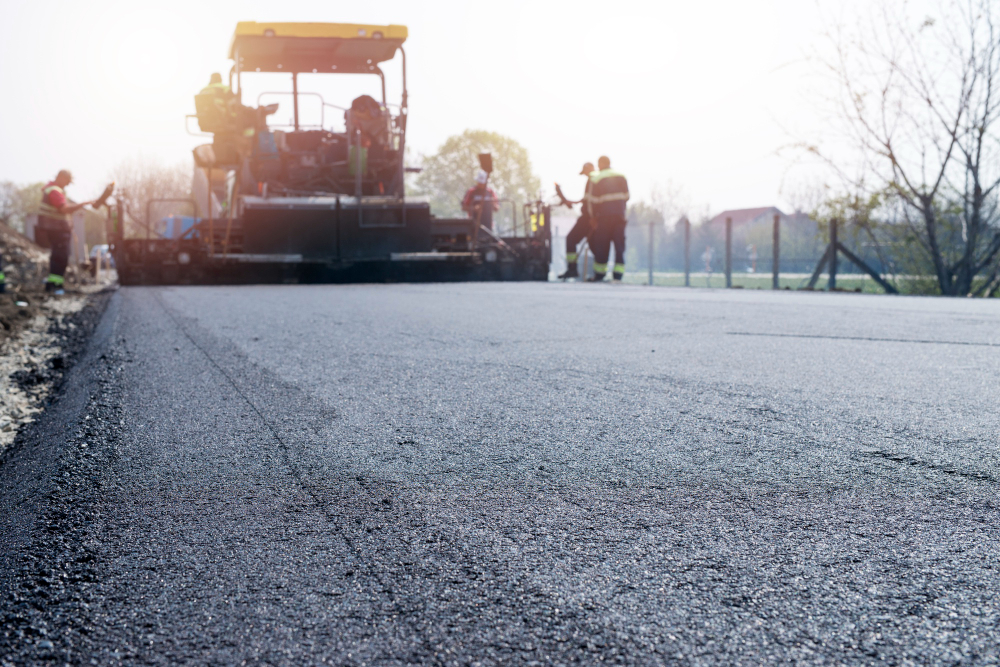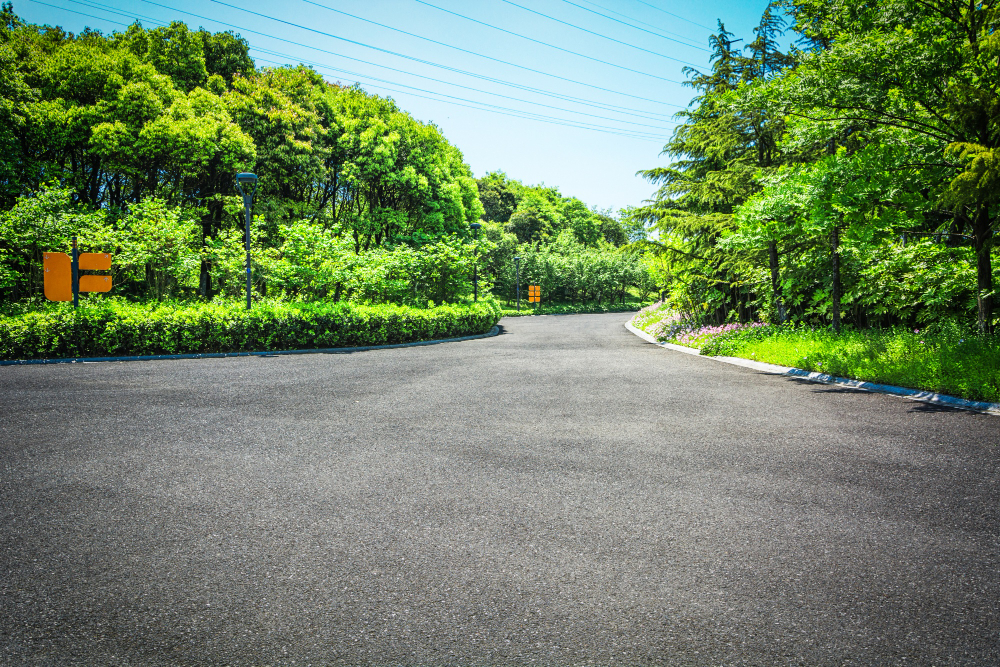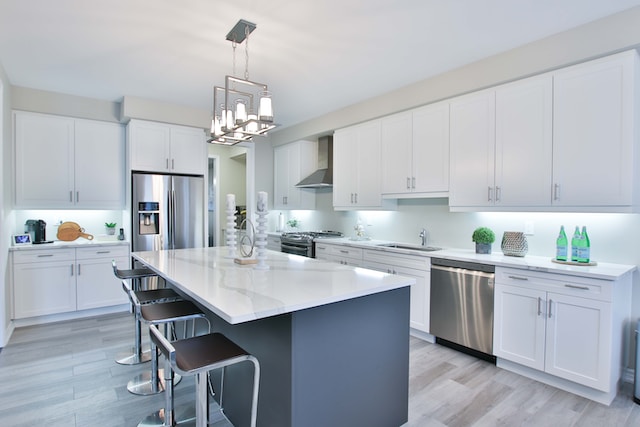Cost estimates for installing a tarmac driveway through a tarmac company typically include both labour fees and materials costs per square metre, falling at or below other types of surfaces such as gravel and block paving.
Tarmac may be worth the investment for your driveway in the UK as it is one of the most durable surfaces available, enabling quick and effective installation. Its endurance makes it an attractive option for many homeowners.

Cost of materials
Tarmac driveways can be installed by tarmac companies who can enhance both the appearance and value of your home while being a cost-effective surfacing option. They are often less expensive alternatives to gravel or block paving surfaces such as gravel. Their price varies depending on its size and other factors such as labour fees; local building suppliers may offer bulk order discounts. Cold-lay tarmac is available from DIY stockists but is only suitable for small areas; for larger surfaces, you will require hot-mix tarmac sold by the tonne, which may be more costly.
Materials required to tarmac a driveway include an excavating machine and machinery for laying layers of tarmac, twin drum rollers for compacting the surface, and drainage system installation (digging to 175mm depth). subbase/binder course installation before finally applying surface-layer tarmac; selecting durable tarmac is key!
Primers and sealing membranes are both necessary components for creating a tarmac driveway, but choosing a waterproof membrane will protect it from the elements and stop weeds from growing beneath its surface. You should direct rainwater away from your drive towards flowerbeds or permeable material instead of public highways; doing this may avoid problems with local authorities.
Other factors affecting tarmac driveway costs are site conditions and labor. When working on uneven terrain or slopes with steep gradients, labour costs will increase significantly, and you should budget for this accordingly. Furthermore, new drainage systems should be taken into consideration; budget for their installation if applicable.
Cost of labour
Tarmac driveways can add an affordable, professional touch to any property. Not only is tarmac durable and requires little upkeep, it stands up well to heavy traffic and extreme weather conditions and costs less than other materials such as resin; however, its installation process is time-consuming and labour-intensive, so for optimal results, hire a professional installer to assist with this job.
Starting with the laying of tarmac involves excavation of old surfaces and removal of debris, followed by grading and compacting to provide a solid base for paving material such as sand and small stones to a depth of around 175mm. Next comes binder course installation, followed shortly by surface layer application before compacting either with a plate compactor or by hand, leaving a smooth black surface ready for final compacting of the finished product. Additional options exist should you desire different hues.
Before hiring any contractor, it’s essential that they possess both experience and a positive reputation within the industry. Avoid working with unscrupulous firms that attempt to cut costs by adding diesel or other unacceptable ingredients to tarmac mixes; this may result in subpar results. It is preferable to work with licenced and insured tradespeople who provide references.
Drainage costs should also be carefully considered when creating or renovating a driveway. A tarmac driveway must feature a slight slope so rainwater flows off the surface and into drains instead of collecting in ponds, thus preventing flooding on public footpaths (which is illegal). Resurfacing an existing driveway often makes installing such an arrangement simpler than building from scratch.
Consider also the cost of edging, which is essential to protecting the edges of the driveway from cracking and also gives it a decorative finish and creates a more structured appearance.
Cost of edging
When laying a new driveway, many factors impact its cost. These include factors such as price per square metre for tarmac and the size and colour options of your chosen driveway—these all make a big difference in its final price!
Furthermore, labour expenses must also be included, as well as extras like edging and drainage (essential for keeping cracks open and drainage in good working order), plus VAT payments will need to be made as well.
One of the main draws to choosing a tarmac driveway is its cost-effectiveness; it requires less maintenance and durability, yet requires little upkeep. Quality can differ between contractors; some may do sloppy jobs while others go out of their way to deliver fantastic work.
Prep time and preparation costs also influence the price of a tarmac driveway installation. If the ground has not been sufficiently prepared, levelling will need to be performed prior to laying tarmac, increasing its price as it takes longer. Furthermore, driveways must allow for proper drainage; otherwise, they will flow directly into public waterways, possibly leading to flooding or contamination risks. To prevent this, it is advisable to create drainage channels or connect the driveway to an existing drain, such as a soakaway system.
Tarmac is an extremely weatherproof material, suitable for heavy traffic and harsh climate conditions. However, its integrity may still be damaged by excessive heat, oil spillages, and hot temperatures. If this occurs to you, spray cool water over its surface as an effective repair solution before using a tarmac restorer to revitalise it and your driveway.
When hiring a contractor to install your new driveway, experience is always preferred. An established and trustworthy provider will have access to all necessary materials and labour necessary for your job at an acceptable cost; shopping around may help find you the best offer possible; some contractors even provide discounts for repeat clients!
Cost of drainage
A tarmac company can add value and improve the aesthetics of any home, as well as being durable and straightforward to install. They withstand heavy vehicles well while withstanding British weather—perfect for busy households! Additionally, tarmac is significantly more cost-effective than concrete, at approximately £60 per square metre on average, saving both time and money!
Whenever installing a tarmac drive, it is vitally important that the drainage system work effectively in order to minimise the chances of waterlogging and slippery conditions and prevent flooding. Direct surface water away from your house, as this will limit how much runs off onto public roads and causes flooding.
The cost of drainage needed for tarmacing a driveway varies depending on its size, the type of tarmac used, and the contractor chosen. Edging may also be required to hold down crumbling sections of tarmac; this can cost as much as £100 per m2. In cases where odd shapes exist in a driveway, it may require additional edging, which will increase costs further.
Doing it yourself may save money, but it will likely cost more. Purchasing and renting equipment as well as labour expenses must all be factored into this decision, while it may be challenging for novices to produce quality results.
When hiring a contractor to tarmac your driveway, be sure to hire one with experience in the industry and customer references from previous customers. In addition, ensure your contractor is licenced and insured. Also, ask about pricing structures; some do not include VAT when making estimates.
Laying a tarmac driveway may seem expensive, but it can be an excellent investment that will enhance the appearance and functionality of your home. Plus, tarmac paving is much easier to maintain than other forms of pavement; you could see lasting results for 15+ years with proper care!



